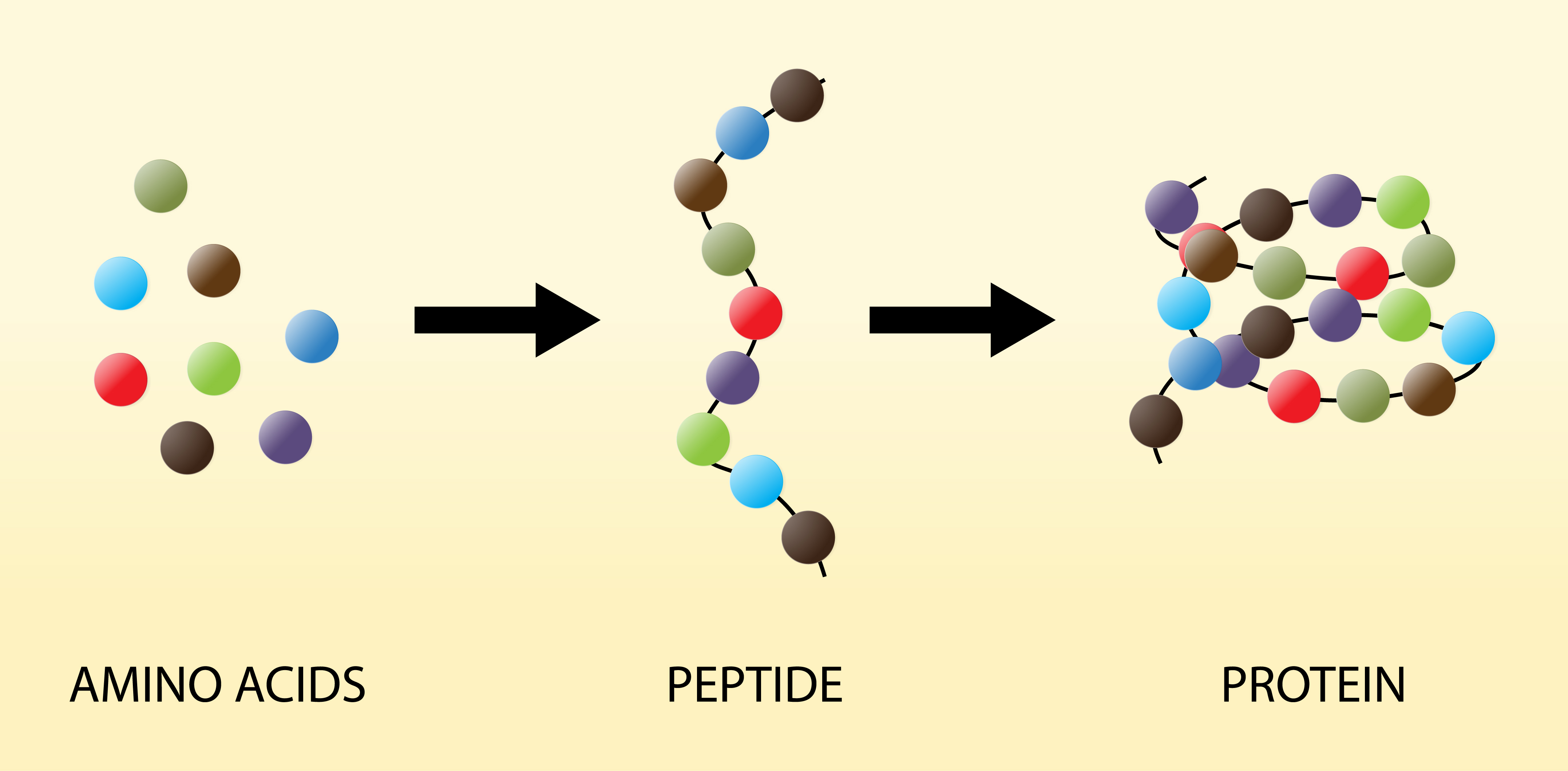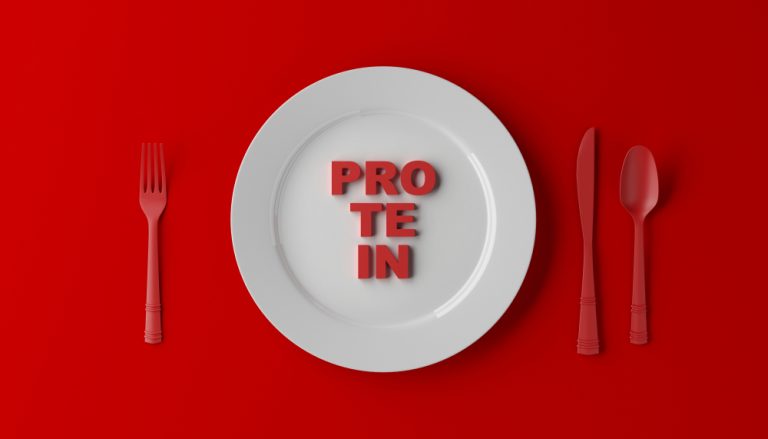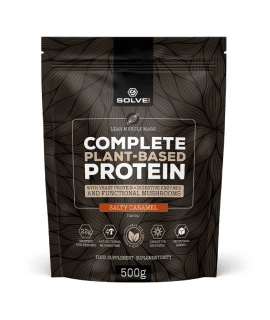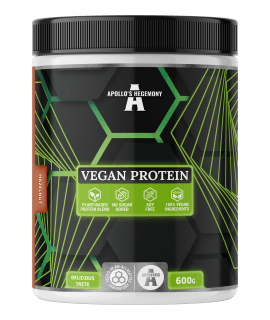Weight loss is one of the elements of building a sporty form that aims to reduce the fat level of the body. Most people who are trying to lose weight have problems to properly maintain the diet, and caloric restriction makes them want to eat something extra, and any cause can provoke uncontrolled eating.
Functions of protein in diet
The diet of a person who’s exercising should be balanced so that not only is there opportunity to carry out intensive training, but also to provide enough energy to cover work and everyday life. Moreover, it should keep the parameters of concentration and well-being, on a fairly good, optimal level. The diet should also protect the muscle tissue from catabolism, which is aimed at adequate protection of the developed musculature.
Typically, dietary supplements seek to reduce the supply of energy from carbohydrates and fat, keeping the amount of protein at an unchanged level. However, there are some exceptions where diets also have lowered protein amounts, which include Ketogenic diet. Lower protein intake prevents conversion of excess protein intake into glucose. But sticking to the common patterns, what is the purpose of increasing the proportion of protein in the diet?

First of all - protect muscle mass from catabolism
As mentioned earlier, the period of reduced calorie intake is the moment in which our muscles are exposed to catabolism. The body, with less energy available, will strive to gain it from the muscle mass, in the form of amino acids, which, as a result of gluconeogenesis, will be converted to glucose. The increased amount of protein in the diet will have the effect of inhibiting the use of protein in the muscle mass, due to the large amount of protein circulating in the bloodstream.
Secondly - proteins thermogenic effect
Protein intake in the human body produces a much higher response to temperature rise, which is related to the intensification of thermogenic processes. This means that with the increased thermogenesis, the fatty acids in our body, with lipolysis, also undergo fatigue. This is a result that will greatly favour the use of fat for energy needs, which will be available in the form of free fatty acids.
Thirdly - an appetite suppressant
The use of protein for the purpose of stopping appetite is perfect, while we are eager to eat something extra. It’s worth noting that the proteins and their digestibility in our body require more energy than they provide. This means that if we fancy something sweet, we can use a sweet protein shake or eat meat. This treatment will not affect the effectiveness of the reduction and will not inhibit the weight loss process.
Lastly, positive nitrogen balance and support for anabolic functions
The use of protein for support of nitrogen balance not only supports metabolic functions, makes sure that muscle tissue is maintained at an appropriate level but also shows some anabolic effect.
The fact that we are on a negative calorie balance makes building muscle mass very limited and even impossible. However, this does not mean that anabolism-related processes do not occur in our body. Renewable energy substations and regeneration processes are also important.
So how much protein should we consume?
The amount of protein we can consume in 24 hours is a highly individualized value. Typically, the muscle mass builds up around 2g per kg of body weight. This is a value that, during the positive energy balance, fully covers the protein needs of a person who’s training. However, when we come down below our neutral value (zero), the risk of catabolism grows slightly. Then the amount of protein can be raised to 2.5g per kg body weight, which should significantly reduce the risk of using proteins contained in muscle tissue for energy purposes.

Protein in diet - summarization
It’s important to observe the digestive system reaction when increasing the protein content of the diet. Any discomfort, abdominal pain, bloating, or defecation problems will signal to us that the intake may be too high. Sometimes, people who exercise naturally use 3g of protein per kilogram of body weight, during the advanced stage of weight loss, and sometimes with 2.5g, problems begin to appear, which show that there is too much protein in the diet, which requires correction.









